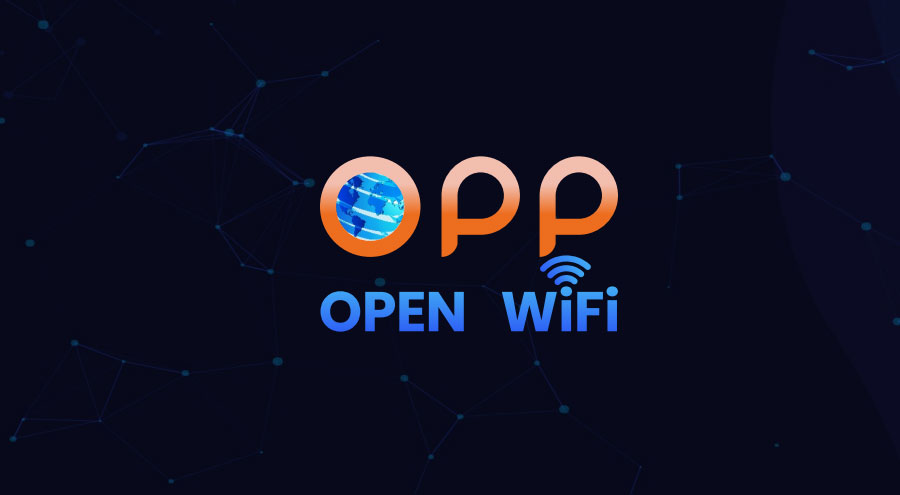The next time you’re waiting at a transit stop, in line at the grocery store, or out at a coffee shop, look around and take note of how many people are staring at their smartphones. It’s safe to say that at any given moment, the majority of the people in your surrounding area are either accessing the web or trying to access the internet with their devices.
We live and breathe by our smartphones; they are the gateway to the outside world, the source of our daily communications, and the keys to our personal and financial data. Yet, when we are away from our homes or offices, accessing the web is like pulling teeth. For all the technological advancements we’ve seen in 2018, global WiFi is still just a fantasy.
Why is global WiFi challenging?
It seems like the fix to our WiFi woes should be straightforward–but it’s not. The lack of wifi is only going to grow more inconvenient as the number of smartphone users increases. In fact, by 2019, there will be an estimated 2.5 billion smartphone owners across the globe, and each one of them will depend on their devices to access the web at any given time and location.
We take Internet accessibility for granted, but this service is not free. A global, accessible, free (and fast) WiFi system requires service providers to take a financial hit. There is a long history of companies stepping up to provide more accessible WiFi, but these solutions are far from perfect. Consider LinkNYC, a project dedicated to bringing wireless internet access to the city’s residents. Through the installation of thousands of Kiosks across the city’s five boroughs, LinkNYC saw an opportunity to place free high-speed routers at specific locations to bring the dream of ubiquitous WiFi to fruition.
As explored in this 2016 U.S. News coverage of LinkNYC, the “free” description of this project is slightly misleading. Yes, New Yorkers do not have to pay in monetary terms, however, by using routers to access the Internet, they have to provide an email address.
At a time when people are more attuned than ever regarding the risk of losing ownership of personal data, the data exchange the LINKNYC model requires does little to build security and privacy confidence in consumers.
Peer-to-peer exchanges on the blockchain are the future of accessibility.
Unfortunately, high-speed, secure WiFi cannot exist without the exchange of some form of payment; this payment is usually a financial transaction or personal data. But through building an open network of Wi-Fi hotspots on a blockchain-backed network, people can access the web without having to worry about who is seeing their data or dealing with the frustration of sending payments at every log-in.
Thanks to the rise of the blockchain, there may be another way people can utilize hotspots on-the-go without paying by the minute or relinquishing all of their private data rights.
Smartphone users are always plugged into the web. Even the most intelligent smartphone user faces daily frustrations in not being able to access sites or apps while on the go. Despite being almost permanently online, the majority of smartphone users do not come anywhere close to using up their data allowance for each month. In fact, a survey conducted by OPP Open Wi-Fi found that 68% of participants did not use their entire data allowances each month. This admission indicates that there is wasted data that could be utilized for helping other individuals access the internet free of charge and without the exchange of personal information.
OPP Open WiFi is one company looking at peer-to-peer data exchanges to solve the issue of WiFi shortages. The organization recognizes that unused data allowance is global and is a significant untapped resource. OPP Open WiFi’s approach relies on a network of WiFi hosts, who, essentially, open the door to their unused data. Through logging onto OPPs application, hosts can turn their devices into hotspots that individuals passing by can utilize in exchange for a cryptocurrency payment.
Our lives may run on smartphone devices, but WiFi access is the fuel. In addition to merely browsing, more people across the global workforce need unlimited internet access anywhere and at any time; the rise of the freelancer economy has transformed the call to universal WiFi from a wish to a demand. New organizations are finding ways to use blockchain’s decentralization to power a new solution and build a world devoid of digital borders.
